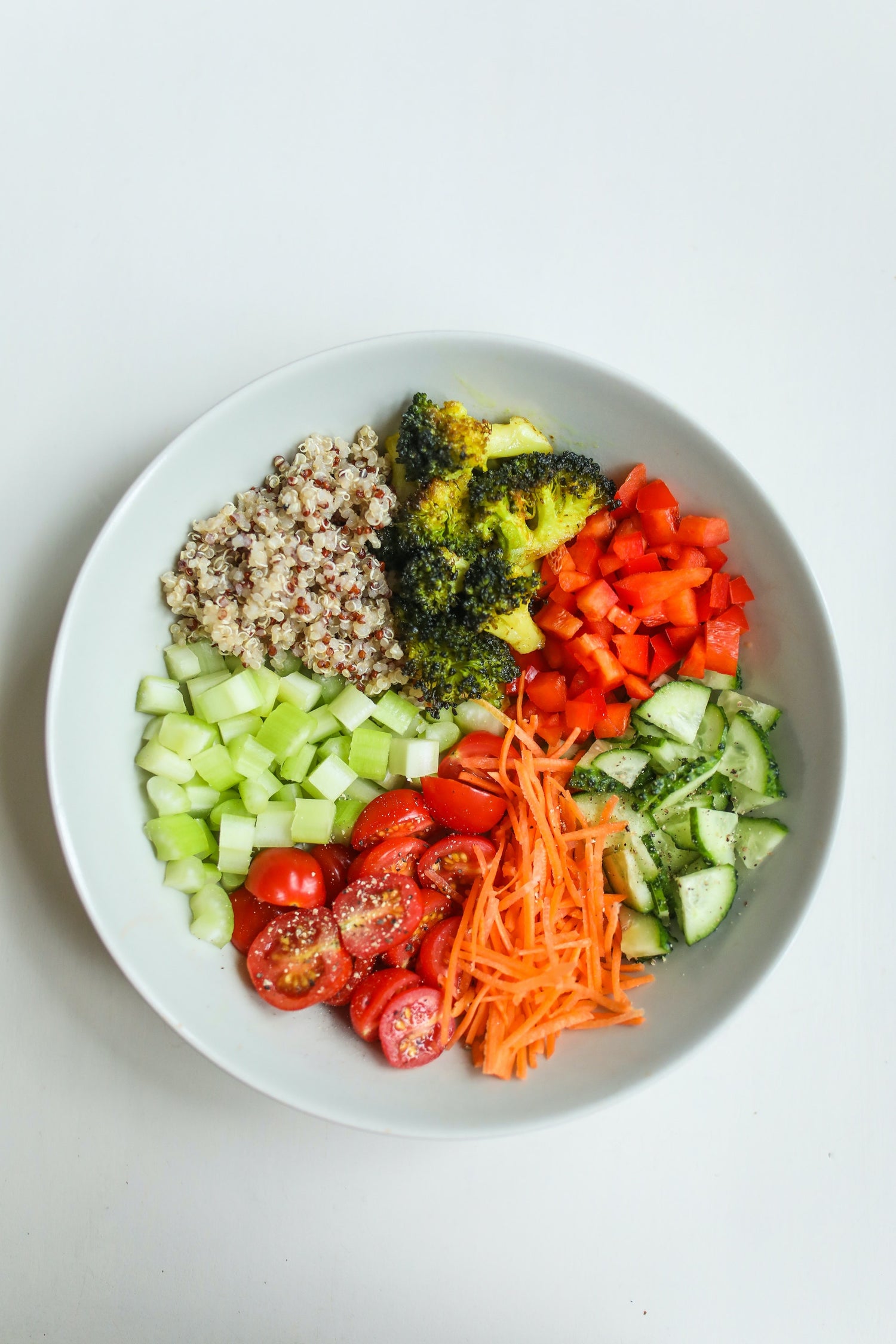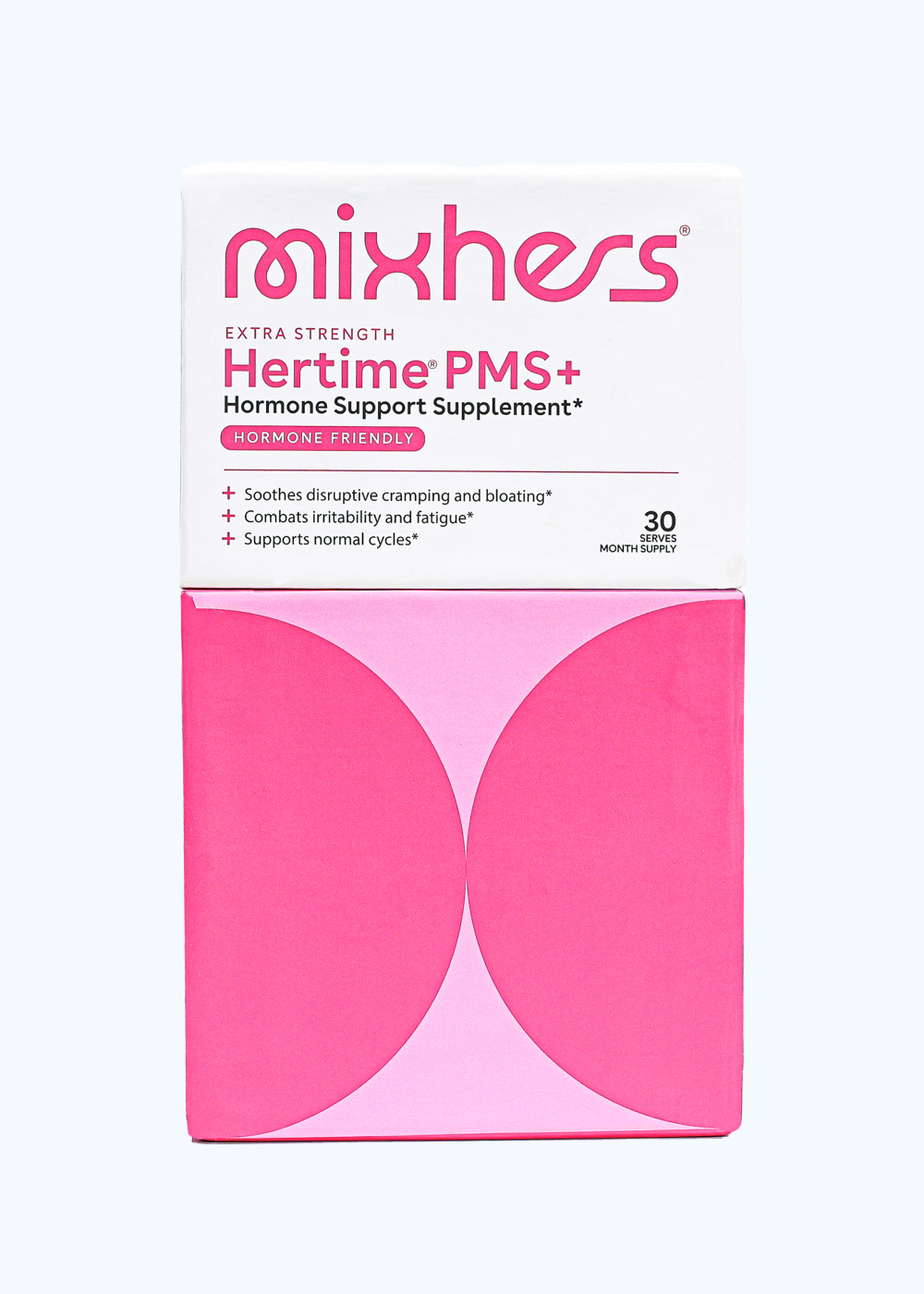There are many different digestive problems people experience. Many of them can be traced back to insufficient digestive enzyme production. Enzyme supplementation may help relieve symptoms of pancreatic insufficiency (which is a fancy term for a lack of digestive enzymes produced by the pancreas). Enzymes and supplements can work together to support healthy digestion and relieve bloating, stomach pain, and other common digestive issues.
Irritable Bowel Syndrome is a common disorder that can cause bloating, abdominal pain, gas, and diarrhea or constipation. There are foods for constipation that may help reduce symptoms of Irritable Bowel Syndrome (such as yogurt, prunes, flaxseed oil, fermented food and drinks, and chia seeds).
Irritable Bowel Syndrome may be caused in part by a digestive enzyme deficiency. If enzyme production is insufficient to break down foods effectively, they can ferment in the stomach and cause various symptoms throughout the rest of the digestive tract.
Some people with Irritable Bowel Syndrome may respond well to digestive enzyme supplements. A hydrochloric acid dietary supplement may also help balance out the stomach acid and improve digestion.
Lactose intolerance often occurs because there is a shortage of lactase production in the small intestine. People who have lactose intolerance generally don’t have enough lactase to effectively break down the lactose found in milk and milk products. Lactose is found in a lot of different foods. Even mashed potatoes can have lactose in them, depending on how they’re made. That’s why it’s important to look carefully at labels if you have lactose intolerance.
By law, foods containing lactose must indicate it on the product label. Common symptoms of lactose intolerance include stomach pain, bloating, diarrhea, and vomiting.
Celiac disease can be triggered by gluten, which is a protein found in certain grains. It is both a digestive and autoimmune disorder and can be life-threatening. People with this digestive problem may experience bloating, diarrhea, gas, growth issues, and anemia. Taking a supplemental digestive enzyme may help people with celiac disease experience improved gut health. But due to the serious nature of this condition, it’s important to seek help from a qualified medical professional.
Chronic pancreatitis is a very painful condition marked by severe pain in the abdomen, nausea, chills or fever, vomiting, yellowing of the skin or whites of the eyes, and a fast heartbeat. Heavy alcohol consumption is the primary cause of this condition. But there is a link between chronic pancreatitis and pancreatic insufficiency.
This condition occurs when the pancreas makes an insufficient number of the enzymes required to digest food in the small intestine. Pancreatic insufficiency is a common cause of malabsorption and maldigestion. It is very important to seek treatment for pancreatic insufficiency, as this condition can cause poor quality of life and poses a serious risk for malnutrition.
Fixing these common digestive problems may not always be as simple as taking a digestive enzyme supplement. But giving your body the best digestive enzyme support possible can help make nutrient absorption a bit easier.












